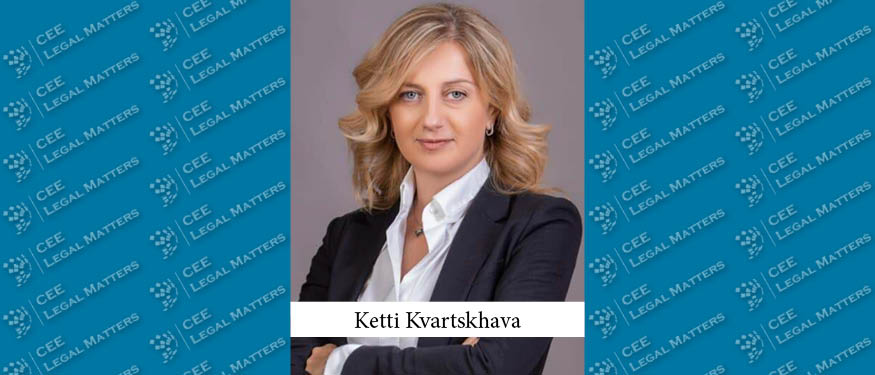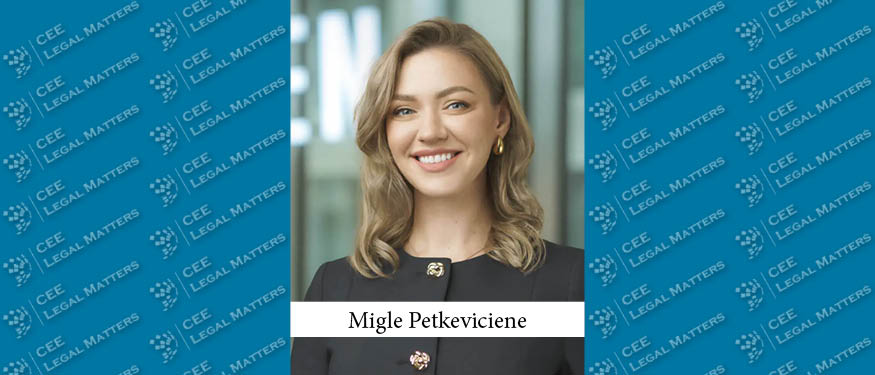The summer slowdown in North Macedonia has not dented interest in the energy sector, with several renewable energy initiatives on the docket, while a new law on expert findings and data protection fines are making a splash, according to Apostolska Aleksandrovski & Partners Partner Svetlana Trendova.
"Due to the holiday season, there has been a bit of a slowdown in North Macedonia," Trendova begins. "Still, current trends in the overall legal market are focused on the energy sector. Renewable energy continues to be a major focus for the Macedonian government. Recent regulatory actions have been taken in this field, particularly due to the growing popularity of photovoltaic systems." She says that conversations about making further regulatory changes have been ongoing, but these are still in the preliminary stages. "The intention behind these discussions is to transpose the EU Regulations and Directives from the Clean Energy Package and to simplify the process of utilizing energy resources, which is currently quite complex."
According to Trendova, there has been significant activity on the legislative front. "A new by-law for energy supervision has been adopted by the Energy and Water Services Regulatory Commission," she notes. "This regulation defines their role in overseeing activities within energy-related organizations. The regulation came into effect recently and is scheduled to be implemented starting January 2024. It aims to cover various supervision aspects such as operation, ownership separation, licensing obligations, and more."
"The month of July marked a significant step as a new law on expert findings was introduced, a product of the Ministry of Justice." Trendova continues. "This forward-looking initiative not only offers clarity to the previously ambiguous judicial expert examination system but also lays out the prerequisites, conditions, and procedures pertaining to the revocation of expert licenses." She explains that the law serves to enhance the authority of the Chamber of Experts, "which had existed before but is now revitalized. Furthermore, the legislation delves into the realms of expert licenses, their issuance, maintenance, and the potential for termination or revocation." According to her, beyond its direct legal implications, this progressive step has the added benefit of streamlining the work of attorneys, providing them with an authentic point of reference.
"Also in July, there was a noteworthy announcement regarding the safeguarding of personal data," Trendova points out. "This marked the first instance of a public disclosure concerning data protection fines, with a cumulative monetary penalty amounting to MKD 1.32 million. This action was prompted by violations related to data subjects, leading to the imposition of fines on the legal entities and their responsible persons." One such case, she explains, "involved a financial firm that offered online loans to individuals who were exploiting others' personal details. Similarly, a hospitality company faced penalties for not adhering to the law after collecting guest information." According to Trendova, it is important to note that this legal framework was established in 2020 and came into effect in 2021. "Subsequently, since 2021, the Personal Data Protection Agency has demonstrated strong support for effective law implementation, culminating in this significant public fine announcement – a first of its kind."













